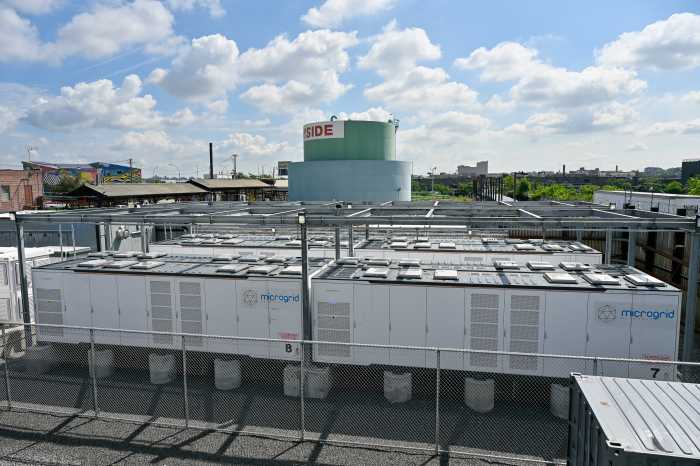Defense Department Secretary Robert M. Gates, alongside two other department secretaries, top military leaders, recovering wounded warriors and the namesakes of the Fisher House Foundation joined to break ground for what will become the National Intrepid Center of Excellence for psychological health and traumatic brain injury at the National Naval Medical Center in Bethesda, Md.
Construction of the $70 million, 75,000-square-foot facility is being funded by the Intrepid Fallen Heroes Fund, a not-for-profit agency that raises funds to support military service-members and families. The project mirrors the organization’s funding and construction of a physical rehabilitation facility – The Center for the Intrepid — built at Brooke Army Medical Center in San Antonio last year.
This facility will serve as the clinical research and educational arm of the DoD Center of Excellence for psychological health and TBI — a collaborative network of military, private and public health care and educational organizations linked to discover and promote best practices in the care of treatment of psychological health and TBI.
Gates said the need for such a facility has “never been more pressing or more important.”
He said that the conflicts in Iraq and Afghanistan have presented DoD with a unique mix of injuries, stress and strains on its military force.
“As in every conflict in America’s history, many of our troops have returned bearing the scars of war – scars both seen and unseen,” Gates said. “These invisible wounds are in many ways more pernicious, more grievous, because they are not readily apparent and have not always received the attention they should.”
Gates said advancements in armor protection and battlefield medicine have led to more troops surviving what would have been otherwise fatal injuries. As result, though, there has been an increase in cases of TBI. The secretary conceded that although much about the condition still is not understood, $150 million has been dedicated to the injury’s prevention, diagnosis, treatment and recovery.
Also, the military has implemented better reporting mechanisms for those potentially affected, and DoD has launched department-wide efforts aimed at reducing the stigma attached with receiving mental health services in the military.
“That change in our culture represents our biggest challenge, and we know it will not happen overnight,” Gates said.
Last month, DoD changed a longstanding question on its security questionnaire that asks if service-members have received mental health counseling. Now, the question excludes counseling for combat-related stress and post-traumatic stress disorder.
“We hope that with this change, more will be willing to come forward and seek help,” Gates said. “The main point is to do everything we can to ensure that the inevitable anxiety and stress from combat does not turn into something tragically worse.”
Gates said that the new center symbolizes that the United States is keeping its contract with service-members and their families to provide care should they be injured on the battlefield.
“After the wars themselves, I have no higher priority. And this superb new center will be a living reminder that America honors that contract and keeps faith with those who have sacrificed so much for all of us,” Gates said.
The honorary chairman of the Intrepid Fallen Heroes Fund, Arnold Fisher, said that the contributions provided for the center were not charity, but a duty by Americans to care for its troops.
“This is not charity work. This is our duty to give back to this country, especially to the military,” Fisher said.
“We are no longer embarrassed to talk about mental health of our brave warriors. They deserve the best care, and this center will be the core of that effort.”






















